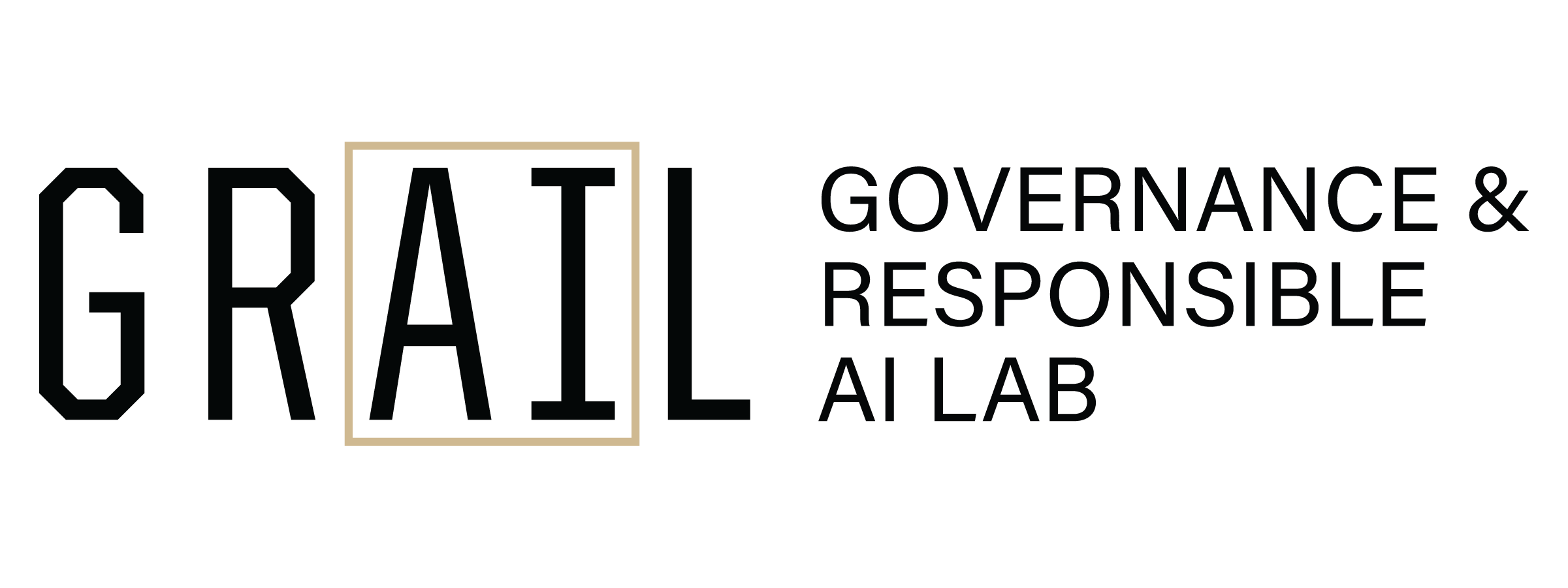
Looking Through a Policy Window with Tinted Glasses: Setting the Agenda for U.S. AI Policy
This article explores the factors influencing AI policy agenda-setting, focusing on different approaches to innovation policy and their implications for technology governance.
Executive Summary
AI policy is still in its early stages, with many countries working on initial strategies. However, we have limited knowledge about how AI policy is set, despite its significant impact on society and the economy. This article aims to enhance our understanding of the factors influencing AI policy agenda-setting, focusing on different approaches to innovation policy and their implications for technology governance. The study analyzes 63 key AI policy documents published by the U.S. federal government between 2016 and 2020. The study found that AI ethics advocates have made some progress in raising awareness about social and ethical aspects in policy discussions. However, most documents focus more on the economic benefits and geopolitical concerns of AI. The reasons for this prioritization are explored, including technical feasibility, cultural acceptance, and a lack of attention to ethical implications. Although there is currently limited integration of ethics into policy, there is still a chance for improvement. The paper presents a framework for setting priorities, analyzes a dataset of federal AI policy documents, discusses possible explanations and limitations, and examines the impact on AI governance.
